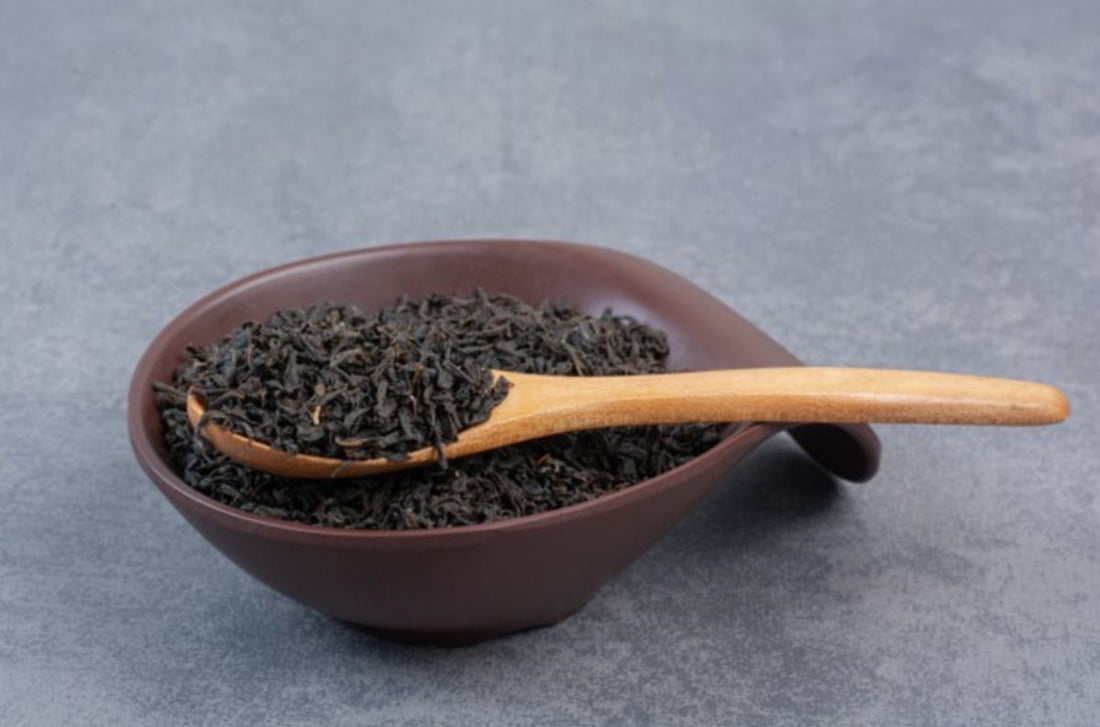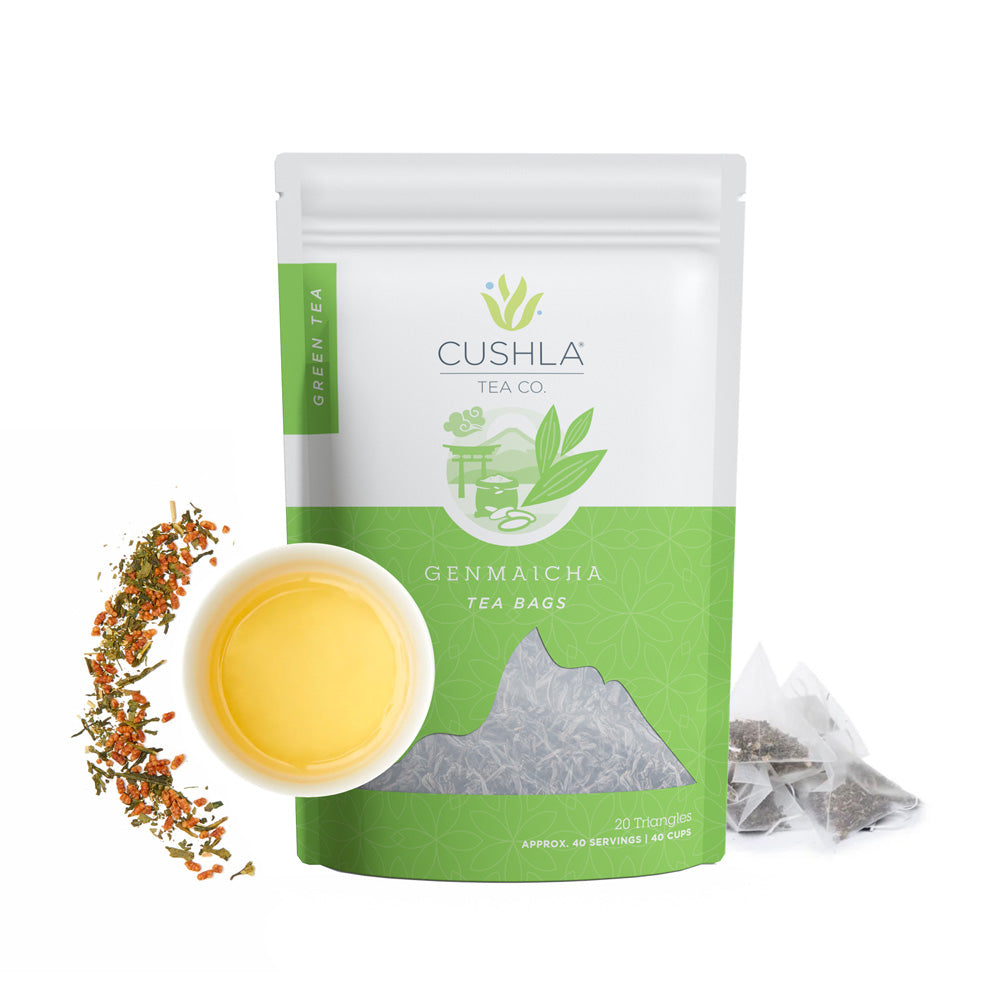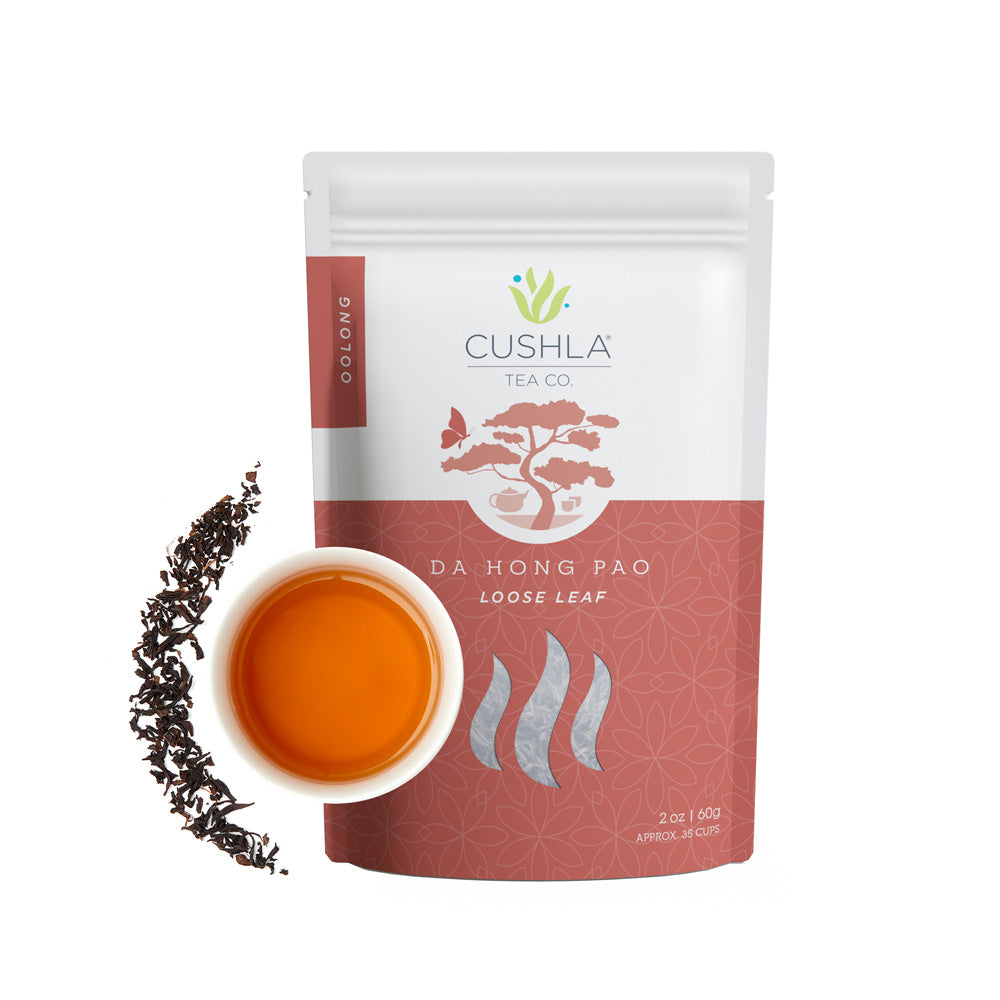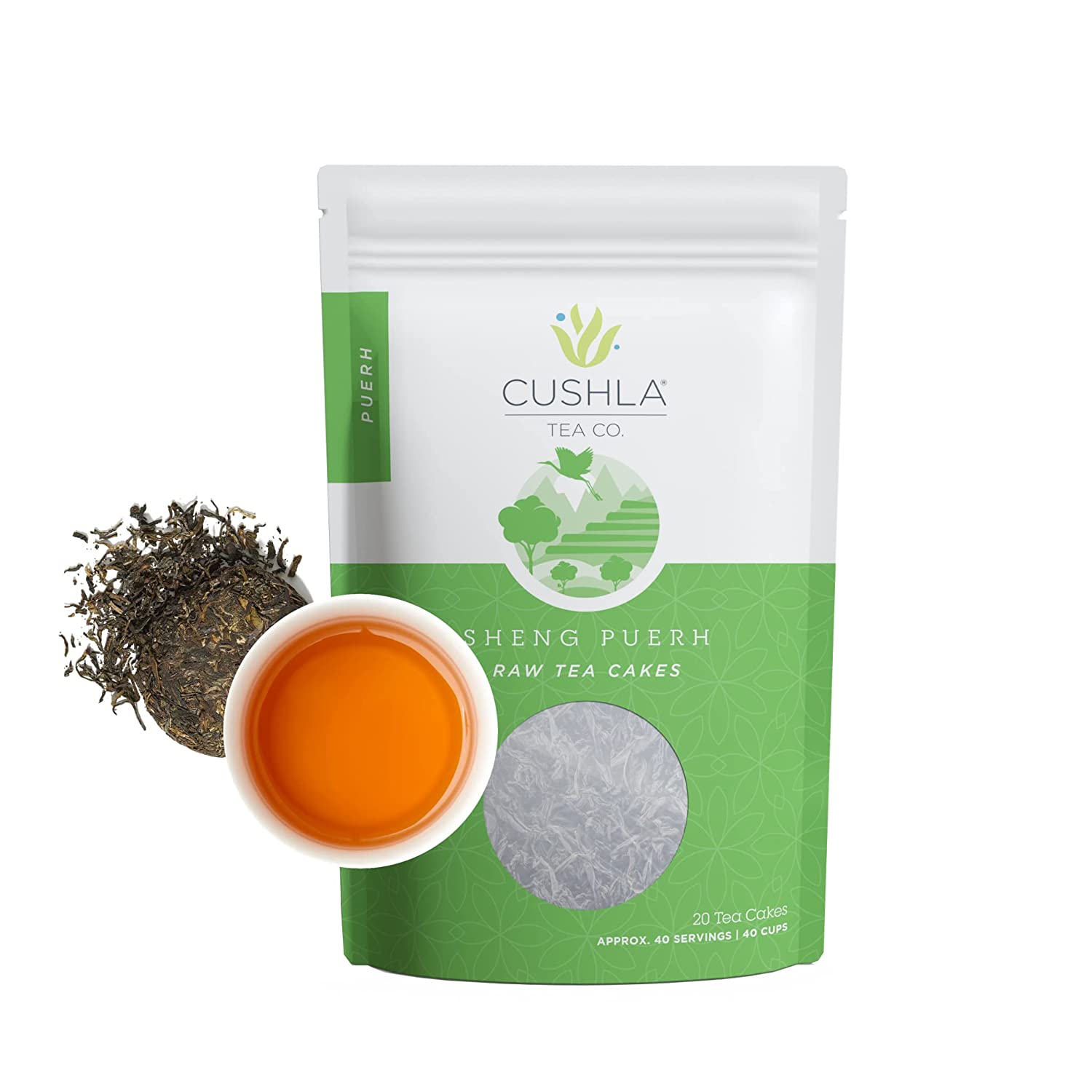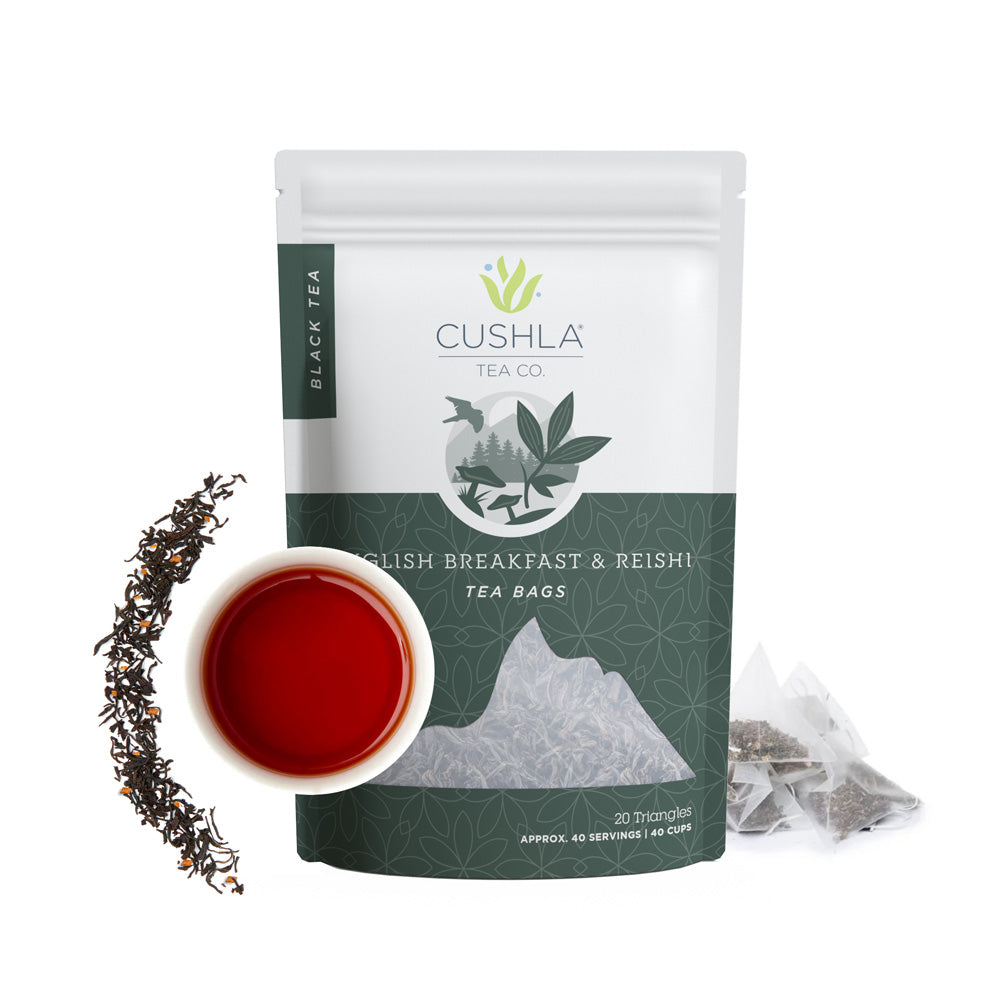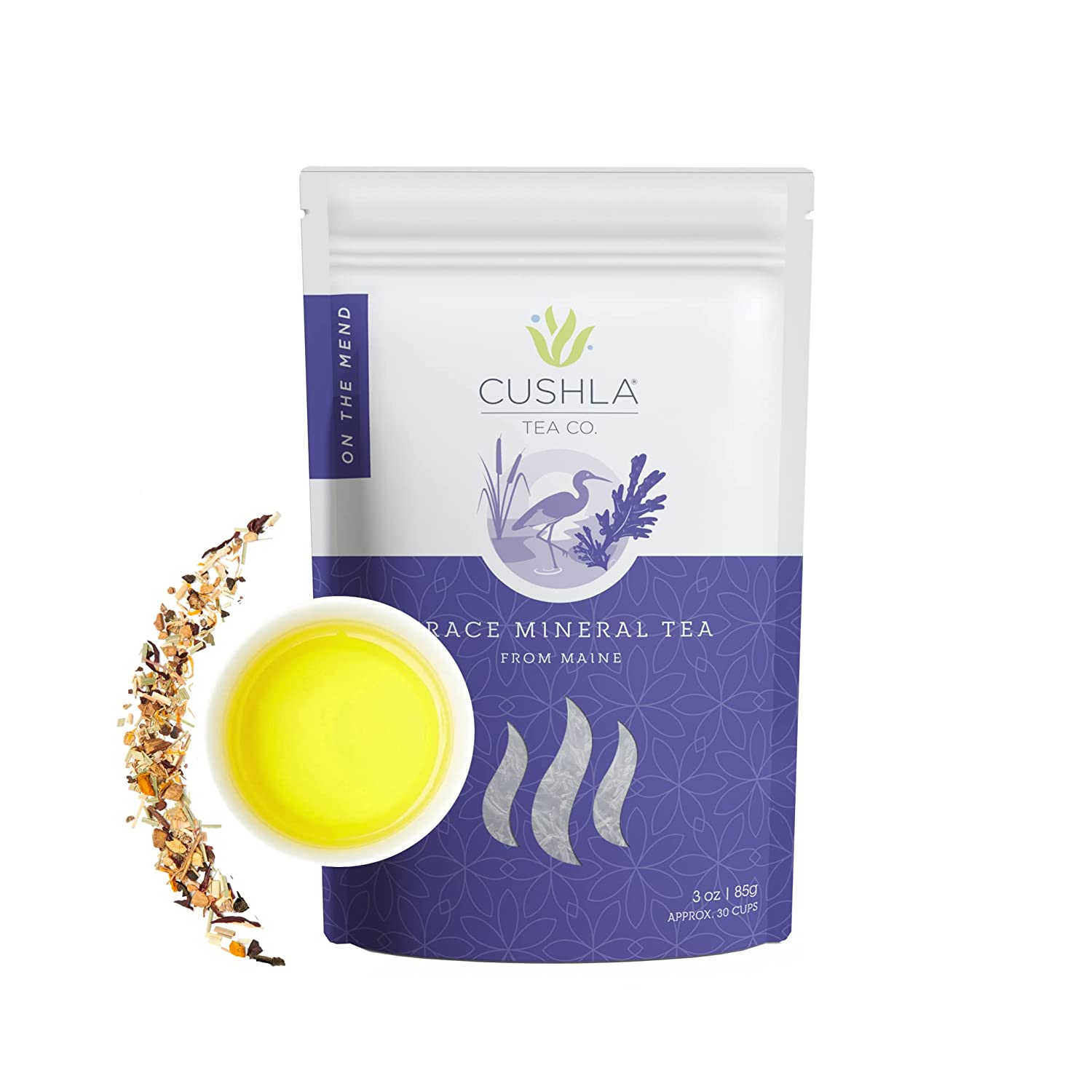Oolong tea is a popular beverage enjoyed by millions of people around the world, but what are the oolong tea side effects that come with drinking this tea? While there are both positive and negative effects associated with oolong tea consumption, in this article we will focus on the positive benefits that this tea can bring.
One of the most well-known benefits of oolong tea is its ability to boost metabolism and aid in weight loss. Oolong tea contains compounds that have been shown to increase the body’s metabolism, helping to burn fat and increase energy levels. This makes oolong tea a popular choice for those looking to lose weight and improve their overall health.
In addition to its metabolic-boosting properties, oolong tea has also been shown to have a positive effect on mental health. The antioxidants and polyphenols found in oolong tea have been shown to help reduce stress, anxiety, and depression. Drinking oolong tea can also improve cognitive function and help improve focus and concentration.
Oolong tea has also been linked to a number of other health benefits, including improved bone health, better skin health, and improved cardiovascular health. The antioxidants found in oolong tea have been shown to help prevent the breakdown of bone tissue, and the polyphenols in oolong tea have been linked to improved skin health, including reduced wrinkles and improved skin elasticity. Additionally, drinking oolong tea has been shown to have a positive impact on heart health, helping to lower cholesterol levels and improve overall cardiovascular function.
While there are many positive oolong tea side effects, it is important to note that there can also be negative effects associated with drinking this tea. One of the most common negative effects of oolong tea is its potential to interfere with the absorption of certain nutrients. This can be problematic for individuals who have health conditions that require an increased intake of these nutrients.
Another potential negative effect of oolong tea is its caffeine content. While the caffeine content in oolong tea is lower than that of black tea, it is still present and can cause negative side effects such as increased heart rate, nervousness, and insomnia. For individuals who are sensitive to caffeine, it is important to limit their intake of oolong tea or choose a decaffeinated version.
To sum it up, there are both positive and negative oolong tea side effects associated with drinking this tea. However, the positive effects far outweigh the negatives and make oolong tea a popular choice for millions of people around the world. Whether you are looking to boost your metabolism, improve your mental health, or simply enjoy a delicious cup of tea, oolong tea is a great choice that can bring many health benefits to your life. So why not brew a cup of oolong tea today and discover the world of oolong tea for yourself?

